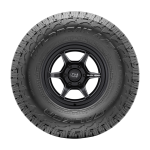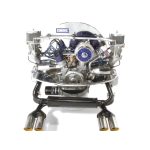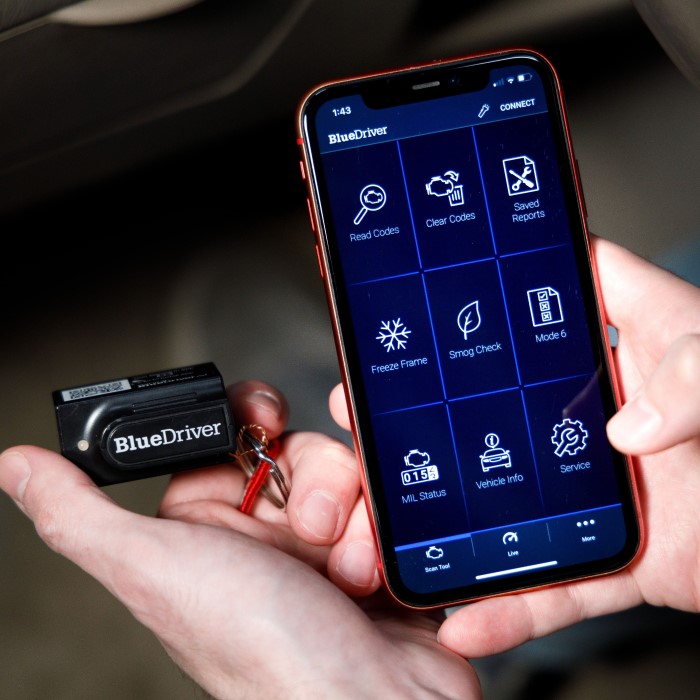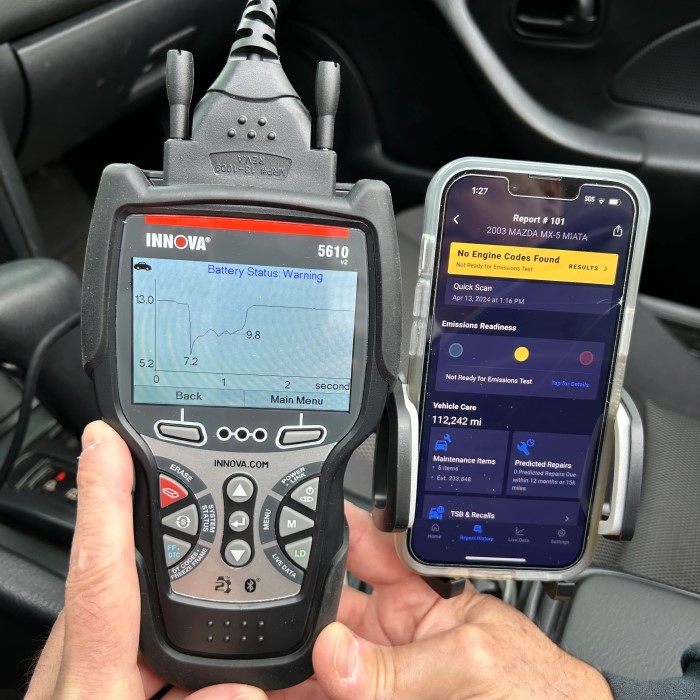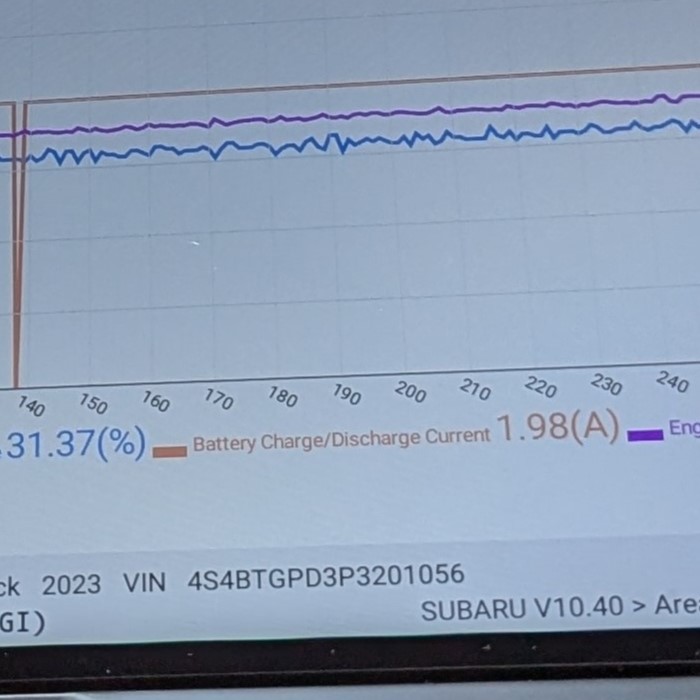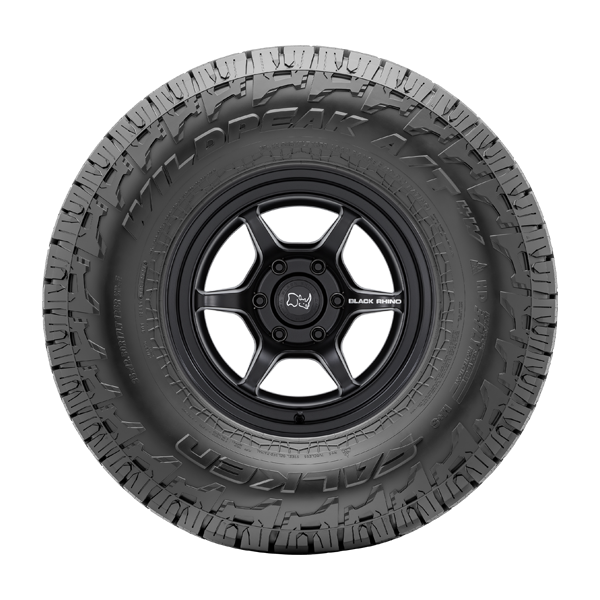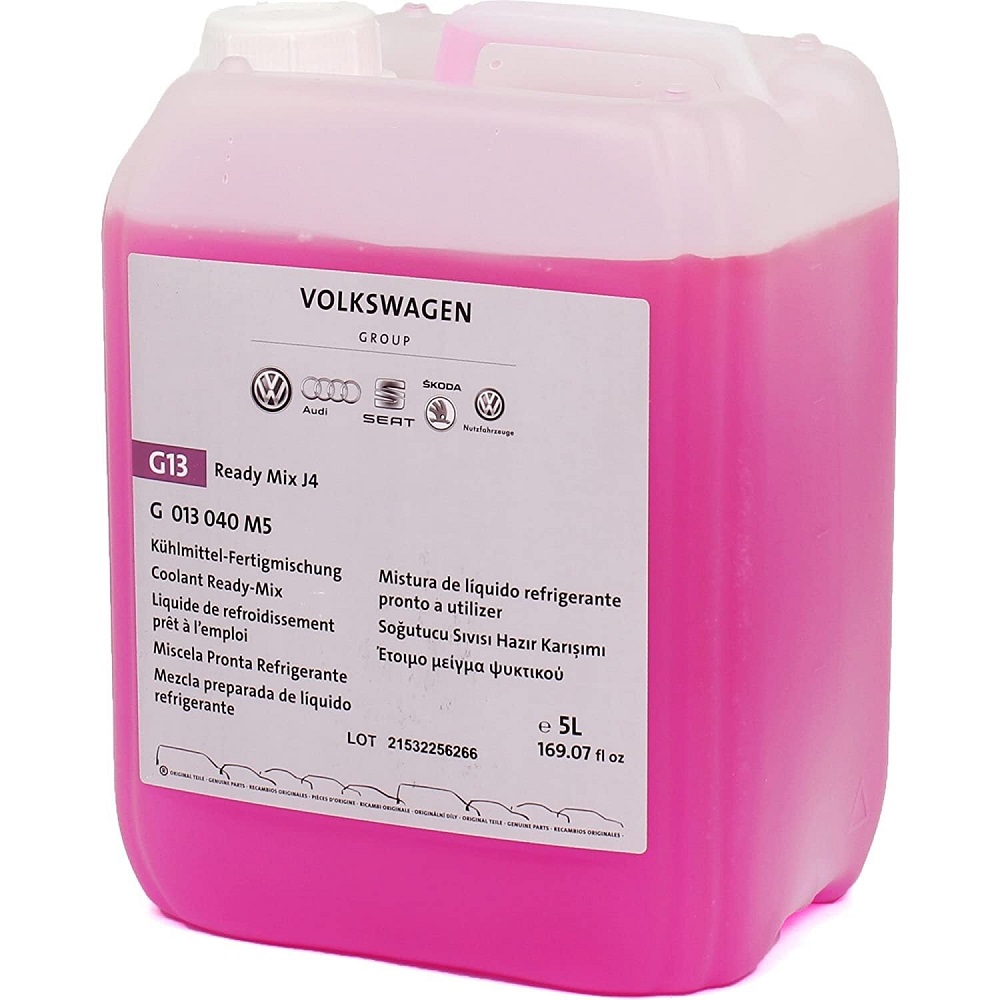Introduction
Professional car diagnostic tools help identify vehicle issues quickly and accurately. These tools are essential for maintaining vehicle performance and ensuring safety on the road. Understanding their purpose and importance is the first step in selecting the best professional car diagnostic tool.
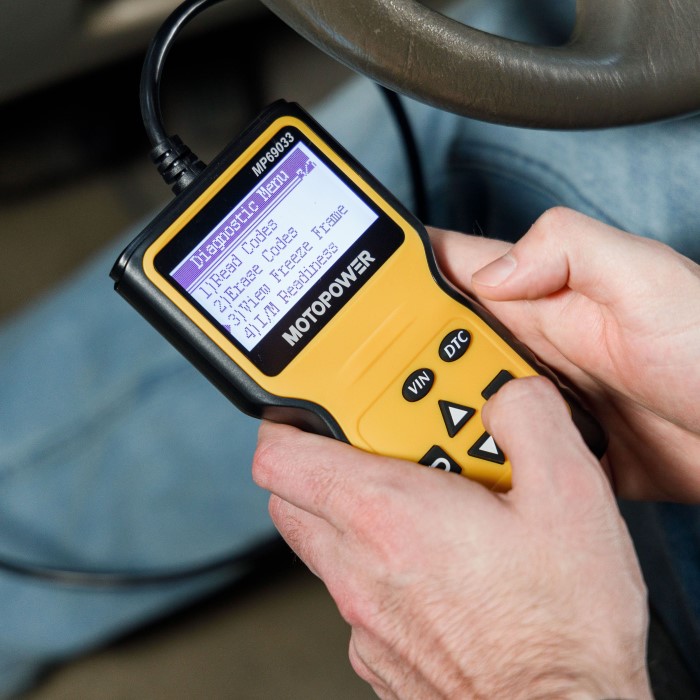
What Are Car Diagnostic Tools?
Car diagnostic tools are devices or software that scan a vehicle’s computer system. They read error codes and detect problems in various vehicle components. Common issues include engine malfunctions, transmission faults, and sensor failures.
There are basic tools designed for simple error reading and advanced ones for detailed analysis. Modern tools often connect to onboard diagnostic (OBD) systems. They provide extensive information to mechanics or vehicle owners.
Importance of Professional Tools in Vehicle Maintenance
Professional diagnostic tools are crucial for precise identification of vehicle issues. They ensure quick problem resolution and help avoid costly repairs. Unlike basic tools, professional-grade devices offer comprehensive diagnostic features for deeper insights.
These tools save time when diagnosing and repairing vehicles. They minimize the guesswork and ensure accuracy, reducing errors. People who frequently work with cars, such as mechanics, rely on them to improve efficiency and reliability.
Regular use of diagnostic tools can also extend a vehicle’s lifespan. Early detection of issues prevents damage and maintains optimal performance. This makes professional diagnostic tools a valuable investment for vehicle owners and professionals alike.
Features to Consider in a Professional Car Diagnostic Tool
Professional car diagnostic tools come with different features. Choosing the right one depends on specific needs. Below are key features to evaluate before selecting a tool.
Compatibility With Vehicle Brands and Models
Ensure the tool works with your car’s make and model. Some tools cover multiple brands. Others focus on specific vehicle types. Compatibility ensures accurate diagnosis and avoids unnecessary errors. Always check the supported vehicle list before purchasing.
Ease of Use and Interface Design
Look for tools with a user-friendly interface. A simple design saves time during diagnosis. Clear menus and instructions make operation easier. Intuitive tools are perfect for both professionals and casual users. Avoid complex systems that require excessive training to use.
Supported Diagnostic Functions and Sensors
Choose a tool that offers comprehensive diagnostic functions. This includes engine, ABS, and transmission scanning. Tools with advanced sensor compatibility provide deeper insights into vehicle issues. Ensure the tool includes features like live data streaming and real-time monitoring.
Update Frequency and Software Support
Regular software updates ensure the tool stays up-to-date. Updates add new features and support newer vehicles. Reliable customer support helps resolve technical issues. Check for tools with lifetime updates to maximize value. Regular updates ensure compatibility with evolving car technologies.
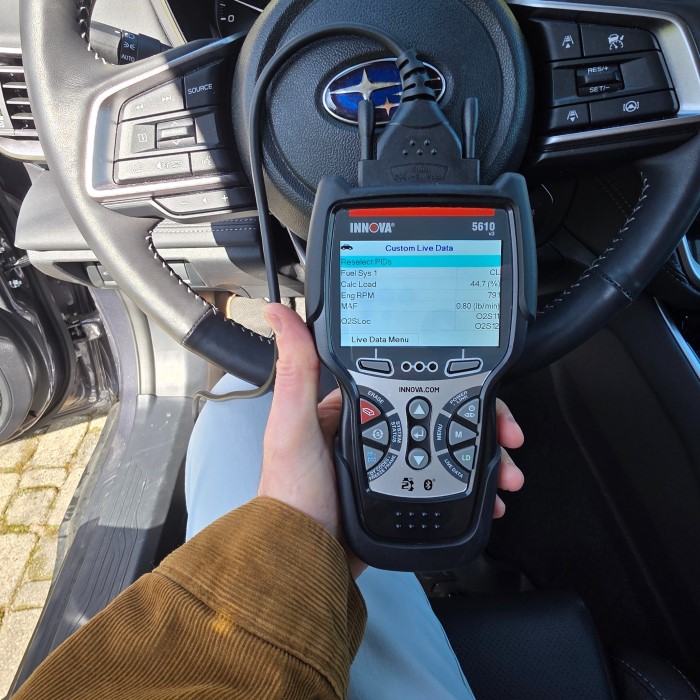
Types of Professional Car Diagnostic Tools
Professional car diagnostic tools come in various types. Understanding these types helps in choosing the best tool.
OBD-II Scanners vs. Advanced Diagnostic Systems
OBD-II Scanners
- Definition: OBD-II scanners connect to a vehicle’s onboard diagnostic system. They read error codes and provide basic data.
- Features: These tools scan for issues in the engine, transmission, and emissions systems. They are suitable for casual users and basic diagnostics.
- Advantages:
- Easy to use and affordable.
- Ideal for quick problem identification.
- Compact design for portability.
- Limitations:
- Limited functionality compared to advanced tools.
- Cannot diagnose complex system issues.
Advanced Diagnostic Systems
- Definition: These systems offer a deeper analysis of vehicle components beyond basic error codes.
- Features:
- Advanced tools handle engine diagnostics, ABS, airbag systems, and transmission issues.
- Often include live data streaming and real-time monitoring.
- Wider access to manufacturer-specific codes.
- Advantages:
- Comprehensive diagnosis for professionals.
- Suitable for modern vehicles with complex electronics.
- Advanced reporting for efficient problem-solving.
- Limitations:
- Higher cost than standard OBD-II scanners.
- Requires technical knowledge or training to operate.
Wired Tools vs. Wireless/Bluetooth-enabled Devices
Wired Tools
- Definition: These tools use cables to connect to the vehicle. They deliver stable data transmission.
- Features:
- Reliable performance without connection drops.
- Often preferred by workshops and professionals.
- Advantages:
- Strong, uninterrupted connection.
- More durable for long-term use.
- Limitations:
- Reduced mobility due to cables.
- Can be cumbersome to set up.
Wireless/Bluetooth-enabled Devices
- Definition: These tools connect to vehicles wirelessly using Bluetooth or Wi-Fi.
- Features:
- Allow connection to smartphones, tablets, or laptops.
- Offer portability and convenience.
- Compatible with mobile apps for a user-friendly experience.
- Advantages:
- Easy to use and carry.
- No clutter caused by cables.
- Limitations:
- Connection stability may be affected by interference.
- May need frequent software updates.
Understanding the types of diagnostic tools ensures you invest in the right one for your needs.
Top Brands Offering Professional Car Diagnostic Tools
Choosing from reputable brands ensures you get reliable and high-quality diagnostic tools. Each brand offers unique features to meet various user needs. Below are some of the top brands to consider:
Launch
Launch is a widely recognized brand in the automotive diagnostic industry. It produces tools suitable for both professionals and DIY users.
- Features: Their tools offer OBD-II scanning, live data, and advanced system diagnostics.
- Strengths: Launch tools are known for wide vehicle compatibility and intuitive designs.
- Ideal Users: Perfect for workshops and experienced mechanics.
Autel
Autel specializes in high-performance diagnostic tools designed for professional automotive work.
- Features: Includes advanced diagnostics, active testing, and bi-directional control.
- Strengths: Autel tools are famous for fast updates and user-friendly interfaces.
- Ideal Users: Suitable for experienced users who need comprehensive vehicle analytics.
Bosch
Bosch is a trusted name in automotive technology, offering durable and precise diagnostic tools.
- Features: Bosch tools provide OEM-level diagnostics, emission tests, and customizable settings.
- Strengths: Known for accuracy, durability, and comprehensive coverage.
- Ideal Users: Recommended for professional workshops and technicians.
Snap-on
Snap-on is a premium brand catering to advanced diagnostics and repair specialists.
- Features: Offers extensive system controls, live data, and graphing functions.
- Strengths: Snap-on tools boast top-notch build quality and detailed diagnostics.
- Ideal Users: Designed for seasoned mechanics with extensive diagnostic needs.
Opting for one of these brands ensures dependable performance and great after-sales support. Pick a brand that aligns with your requirements and expertise.
Benefits of Using a Professional Diagnostic Tool
Professional car diagnostic tools offer significant advantages over basic or manual approaches. These tools provide efficient, accurate, and cost-effective solutions for vehicle diagnostics.
Time-Saving in Identifying Issues
Professional tools diagnose problems quickly. Unlike manual testing, they read error codes in seconds. These tools minimize time spent troubleshooting. Clear and precise diagnostics help speed up repair processes. Mechanics can identify issues and resolve them faster, improving productivity.
Cost-Effectiveness Compared to Manual Testing
Using professional tools can save money in the long run. Early issue detection prevents costly damages. You avoid unnecessary repairs through accurate diagnostics. Investing in a quality tool reduces dependency on external services. DIY repair enthusiasts also save on frequent mechanic visits.
Reducing Errors in Diagnosis
Professional tools minimize the risk of misdiagnosis. They access detailed error codes and real-time data. Advanced features ensure accurate identification of complex issues. This reduces repeated repairs caused by incorrect diagnostics. For professionals, reliable tools enhance their reputation and customer satisfaction.
By leveraging these benefits, professional diagnostic tools become indispensable for vehicle maintenance.
How to Choose the Right Tool for Your Needs
Selecting the best professional car diagnostic tool depends on your specific needs and circumstances. Consider these factors carefully to make the right choice.
Assessing Personal vs. Professional Use
Determine if the tool is for casual or professional use. Personal users often need simple tools for basic error codes. These tools are easy to use and affordable. Professional users require advanced systems with deep diagnostic features. Features like live data streaming and bi-directional controls are essential for workshops. Understand your usage requirements before making a purchase.
Balancing Cost and Features
Choose a tool that offers value for money. Make a list of needed features. Basic tools are budget-friendly but might not meet advanced diagnostic needs. High-end tools provide extensive coverage, but they come at a higher price. Compare the tool’s features with its cost. Prioritize tools with lifetime updates to avoid hidden expenses. Don’t overspend on features you won’t use.
Checking Online Reviews and Recommendations
Read reviews to understand user experiences. Check if the tool is reliable and easy to operate. Positive reviews highlight trustworthy brands and features. Look for tools with consistent performance and good customer support. Recommendations from experienced mechanics can guide your decision. Verify feedback from reliable sources to ensure authenticity.
Selecting a diagnostic tool thoughtfully ensures accurate vehicle maintenance while maximizing your investment.
Maintenance and Care for Your Diagnostic Tool
Proper maintenance ensures your professional car diagnostic tool performs optimally. Regular care extends its lifespan and enhances accuracy. Below are key tips for maintaining and updating your tool.
Tips for Extending Tool Longevity
- Clean the Tool Regularly: Remove dust and debris after every use to prevent damage. Use a soft cloth and avoid harsh cleaners.
- Store in a Safe Environment: Keep the tool in a protective case. Avoid moisture, high temperatures, or direct sunlight.
- Use the Tool Properly: Follow the manufacturer’s guidelines during operation. Handle the tool with care to avoid physical damage.
- Inspect Cables and Connections: Check wires and ports regularly. Replace damaged cables promptly to maintain reliable data transmission.
- Charge if Necessary: Wireless tools may require periodic charging. Use compatible chargers to prevent battery issues.
- Avoid Overloading: Don’t use the tool on unsupported vehicle systems. Stick to its compatibility limits.
Updating Software Regularly
Check for Updates Frequently
- Importance of Regular Checks: Regularly checking for updates is essential for maintaining the performance of your diagnostic tool. Software updates often include bug fixes, performance enhancements, and new features that can significantly improve the tool’s effectiveness.
- Improved Compatibility and Functionality: Updated software enhances compatibility with newer vehicle models and systems. This ensures that your diagnostic tool can correctly communicate with the vehicles you are servicing, providing accurate readings and information.
Use Official Sources
- Download Only from the Manufacturer’s Website: To protect your diagnostic tool from potential threats, always download software updates directly from the manufacturer’s official website. Official sources guarantee that the updates are authentic and safe.
- Avoid Malware Risks: Using unofficial sources for updates can expose your tool to malware and other security risks. Always verify that the source is legitimate before downloading any updates to prevent potentially harmful software from compromising your tool.
Enable Automatic Updates
- Activate Automatic Update Options: If your diagnostic tool supports automatic updates, enable this feature. Automatic updates ensure that your software remains current without needing manual checks.
- Benefits of Automation: By activating automatic updates, you’ll save time and effort, allowing you to focus on your work instead of constantly monitoring for new updates. This feature helps your tool stay compatible with the latest technology and standards.
Update Firmware
- Firmware versus Software Updates: It’s important to recognize that software and firmware updates are different. Firmware updates provide low-level control for the diagnostic tool, ensuring it operates efficiently with the hardware components.
- Follow Brand Instructions: Always adhere to the manufacturer’s guidelines when updating firmware. Each brand may have different procedures for installation or activation, and following their instructions ensures that the update process is smooth and effective.
Test After Updates
- Run Diagnostics Post-Update: After successfully updating your diagnostic tool, run a series of diagnostics to confirm that the updates were correctly installed. This step helps identify any potential issues that might have arisen during the update process.
- Verify Compatibility with Vehicles: Ensure that the newly configured settings work accurately with the vehicles you intend to diagnose. Testing after updates allows you to confirm that your tool provides the expected performance and functionality, ensuring it is ready for use in real-world applications.
Proper maintenance and timely updates optimize your diagnostic tool’s performance. These practices also ensure accurate and efficient vehicle diagnostics for years.
Conclusion
In conclusion, selecting the best professional car diagnostic tool involves understanding your specific needs, vehicle compatibility, and key features that will aid in efficient diagnostics. By taking the time to research and select a quality tool, you can enhance your automotive knowledge and ensure that your vehicle is operating at its best.
Whether you’re a seasoned mechanic or a casual car enthusiast, having a reliable diagnostic tool on hand can save you time and money while ensuring your vehicle remains a safe and reliable mode of transportation. From faster problem identification to greater accuracy in diagnostics, the right tool is an investment that pays off in many ways. So, explore your options and choose wisely to enhance your automotive experience.
